It also organizes conferences, symposiums, workshops, exhibitions and meetings along with publishing documents and translations in collaboration with partner organizations.
Furthermore, the staff organizes a meeting between the ALPARC Council and General Assembly once a year in conjunction with a protected area.
Since its founding in 1995, the ALPARC staff has been operating outside of Chambéry, France. The team was originally attached to Les Ecrins National Park and, in 2006, to the Permanent Secretariat of the Alpine Convention under the title “Task Force Protected Areas”. Since 2013, the staff is employed by ALPARC.
|
|
PLASSMANN Guido Director: Management, Biodiversity and Ecological Connectivity Spoken languages: German, French, English |
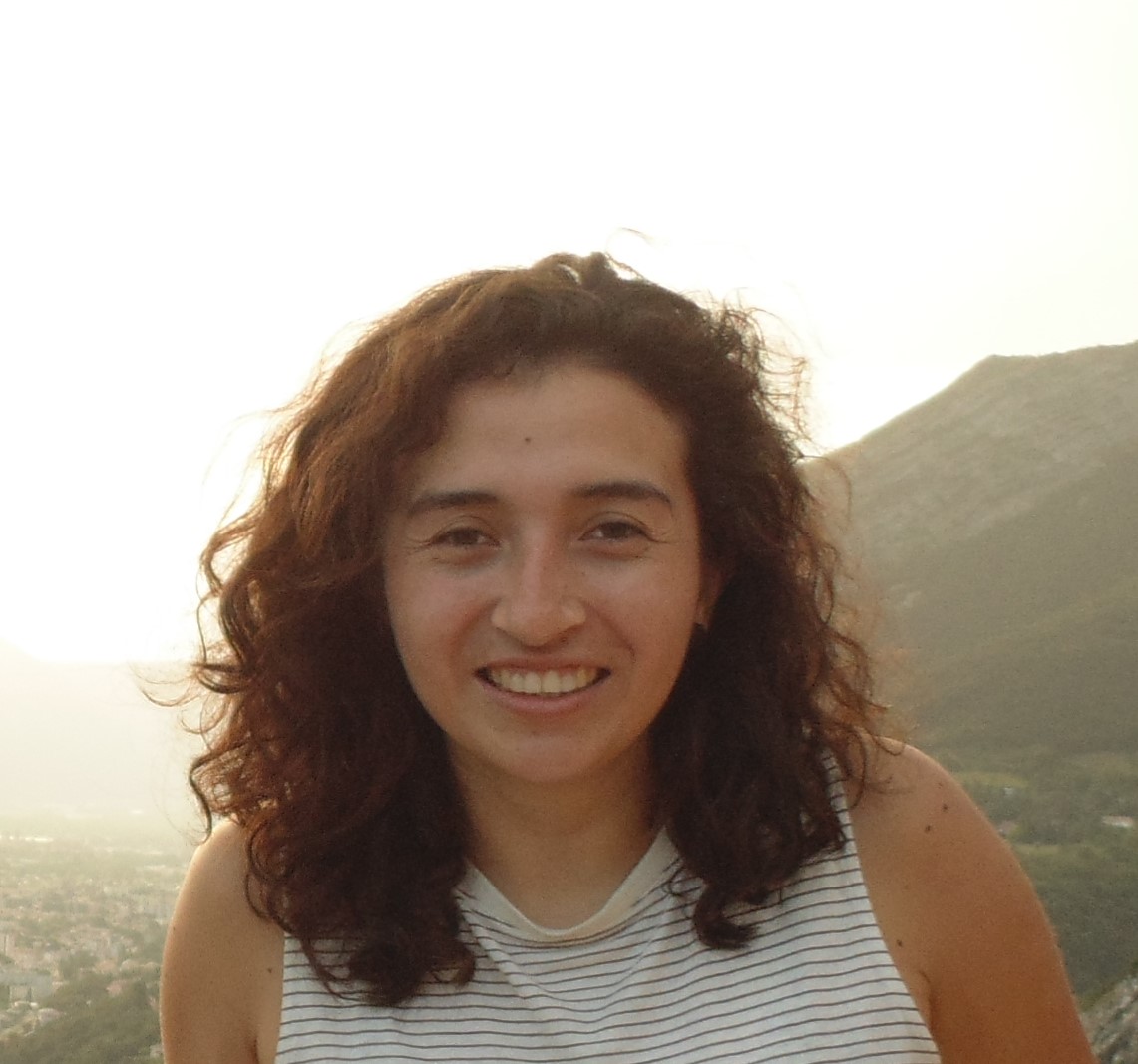 |
CORONADO Oriana GIS structuring and operation; Project coordinator Spoken languages: French, English, Spanish |
 |
PERL Laura ALPARC CENTR'ALPS coordinator Spoken languages: German, English, French |
 |
MERZI Pietro Project Coordinator Spoken languages: Italian, English, French |
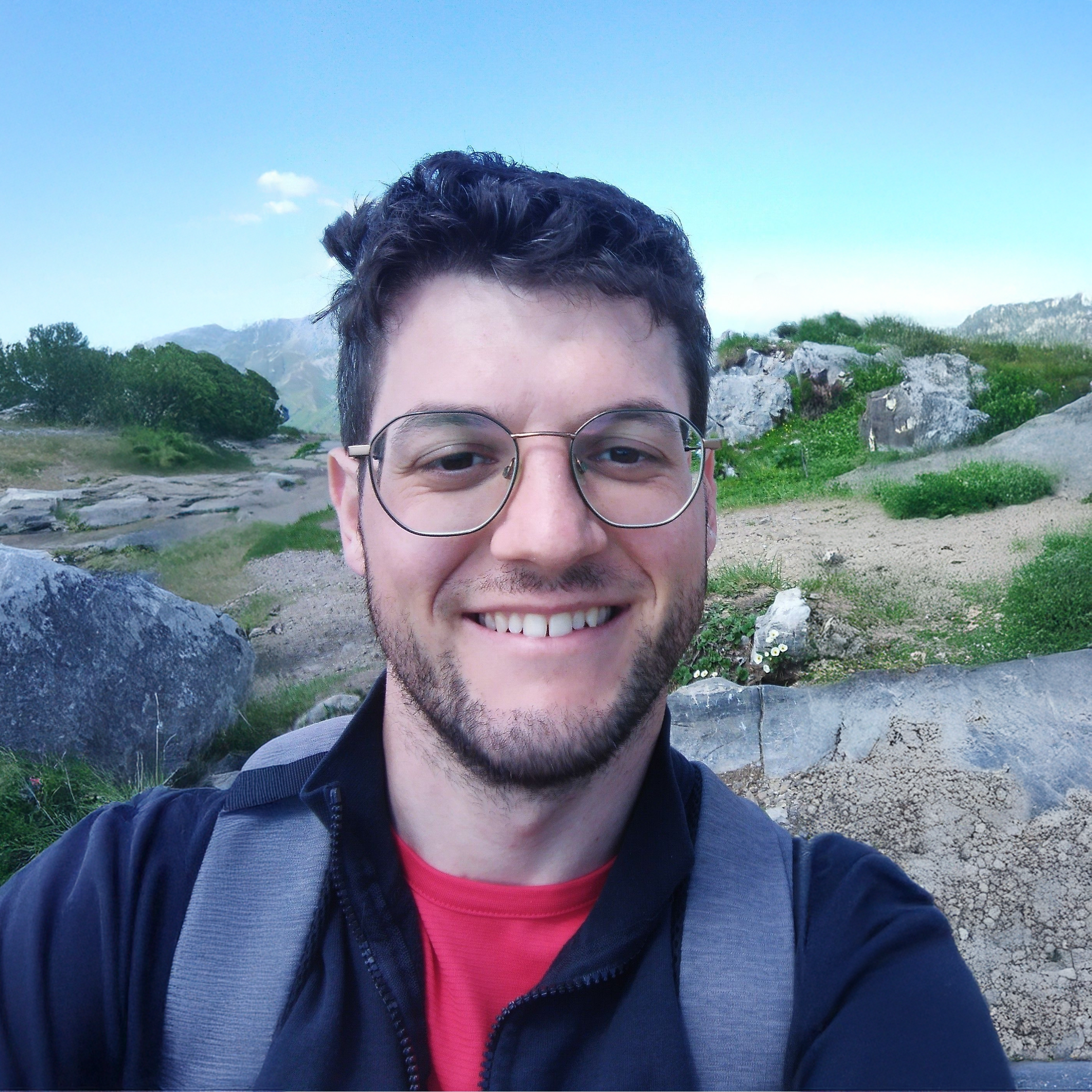 |
GUERINI Michele Project Coordinator Spoken languages: Italian, English, French |
 |
GREIDERER Dominik ALPARC CENTR'ALPS coordinator Spoken languages: German, English |
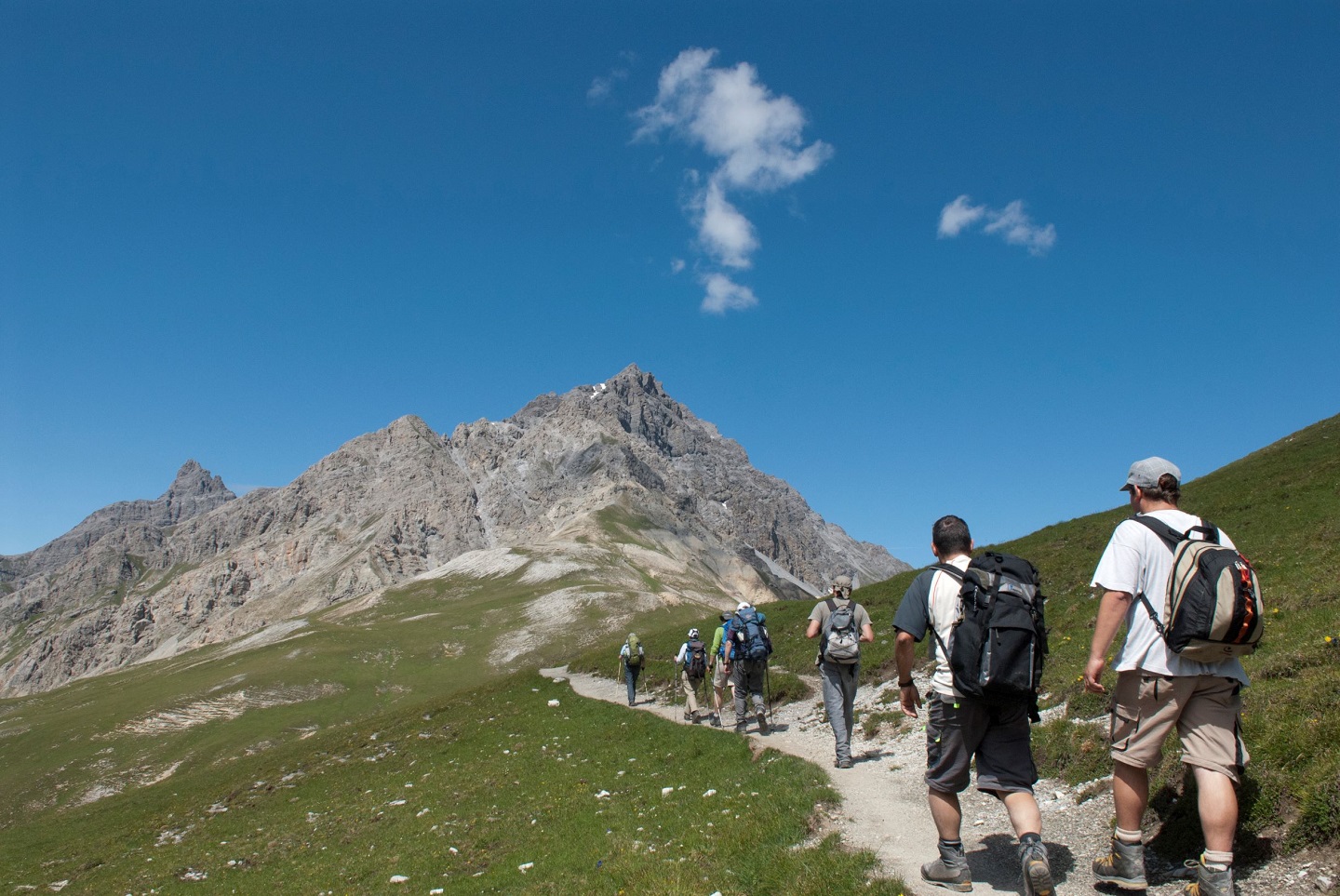
The missions of ALPARC are defined by the Council which is composed of managers of the alpine protected areas, representing the diversity and number of protected areas by alpine country.
It establishes the main directions which define the international work according to the priorities and requests of the protected areas.
ALPARC has a president and two vice-presidents, who lead the Council. They represent ALPARC in official matters.
The Permanent Committee of the Alpine Convention is informed about the ALPARC working programme.
|
|
President Peter Oggier Director of the Pfyn-Finges Nature Park Switzerland |
|
Vice-President Christian Schwoehrer Director of ASTERS, Conservatoire d’espaces naturels Haute-Savoie France |
|
Vice-President Andrea Beltrame President of the Prealpi Giulie Nature Park Italy |
|
|
General Secretary Roland Baier National Park Berchtesgaden Germany |
|
Treasurer Peter Rupitsch Director of the Hohe Tauern/Kärnten National Park Austria |
||
|
|
Franz Handler Director of the Network of Austrian Nature Parks Austria |
|
Volkhard Maier Director of the Kalkalpen National Park Austria |
|
|
|
|
Pierre Commenville Director of Les Ecrins National park France |
|
Marc Joanny Regional Council Provence-Alpes-Côte d'Azur France |
|
Gilberte Brémond Vice Director of the Regional park Baronnies Provençales France |
|
|
Eva Aliacar Director of the Vanoise National Park France |
|
Eric Fournier Vice President of the Environment for the Region Auvergne-Rhône-Alpes France |
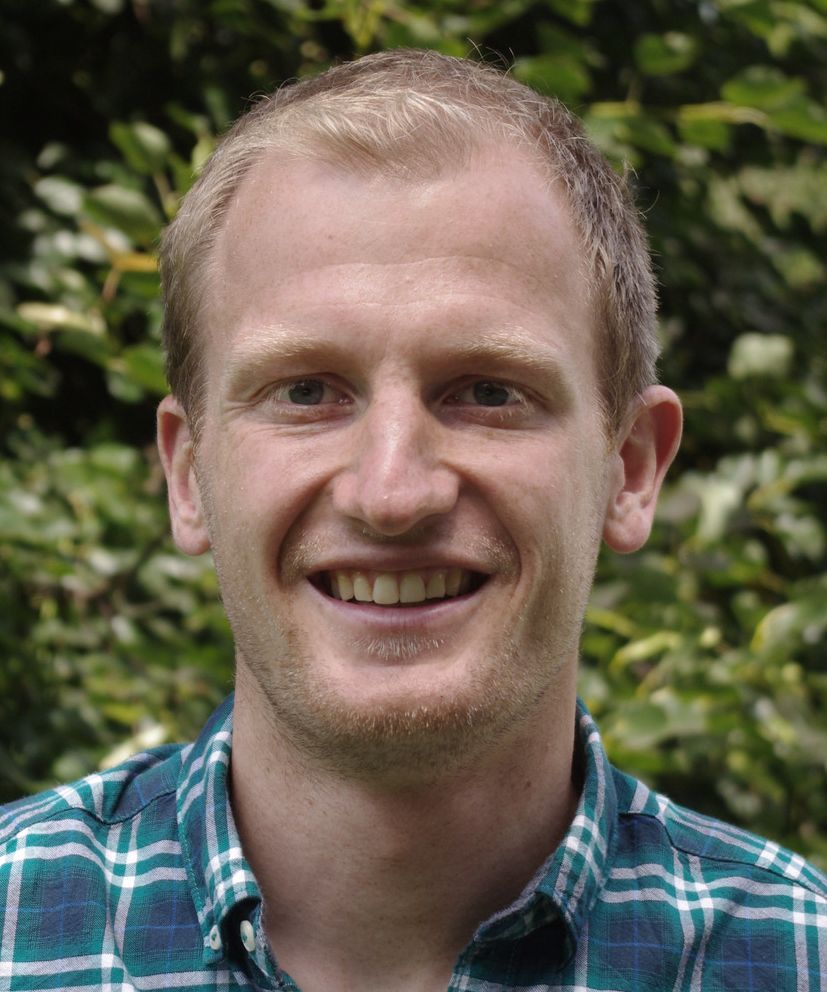
|
Dominik Cremer Schulte Vice Director of ALPARC France |
|
|
Claudio la Ragione Director of the Orobie Valtellinesi Regional Park Italy |
|
Maria Margareth Palluber Coordinator of the Tre Cime/Drei Zinnen Nature Park Italy |
|
|
|
|
Helmut Kindle Director Amt für Umwelt Principality of Liechtenstein |
|
Astrid Claudel Rusin Environment Department Principality of Monaco |
|
Christian Stauffer Director of Swiss Parks Network Switzerland |
 |
Andre Arih Nature Conservation Counsellor Triglav National Park Slovenia
|
This poster about the activities of the Platform "Ecological networks" of the Alpine Convention was presented at the 9th Conference of parties of the CBD in Bonn/D in May 2008.
Germany's Federal Agency for Nature Conservation (BfN) is presenting a brochure on the inaugural meeting of the Ecological Network Platform under the Alpine Convention. The meeting was held in Munich/D on 29 March 2007 under the heading "Establishing an Alpine Ecological Network". The proceedings, which have now been published, contain in particular reports from the individual Alpine states and presentations of selected project examples of ecological networking from Germany, France and Austria.
Available in English only.
The measure catalogue has been elaborated in the frame of the Ecological Continuum Initiative.
It lists 69 exemplary measures from all Alpine countries that can contribute to the implementation of ecological networks. The measures show how areas or structures can be created, conserved or restored so that they can play a role as connecting elements within an ecological network.
The measure catalogue has been developed as an instrument to be used by the pilot regions of the Continuum and the ECONNECT projects. Nevertheless it can and should be used by other regions and actors in and outside the Alps who want to improve ecological connectivity.
The catalogue gives examples and ideas and practical information such as contact persons and references. Additionally, an evaluation of economic and ecological aspects has been done for each measure. The catalogue also gives an overview on the sectors and fields that are important when it comes to improving ecological connectivity.
An excel table with summarised descriptions of all measures is part of the catalogue. It can be used as a database in order to select single measures that are suitable for different situations. Macros need to be activated when using the database.
Source: Alpine protected areas database, ALPARC
ALPARC lays out the most up to date map from its Alpine protected areas data base, based on the collection of geographic data from all over the Alps.
Updated in 2008, the display contains a map of the protected areas and gives a summary of the key features of the ALPARC network. It also includes photographs that illustrate the main themes currently being addressed through international cooperation.
The information display is available in four languages and is designed for use at conferences and other events organised by ALPARC and its partners.
Dimensions when set up: 2.4 m x 3 m, umbrella structure.
Covering the history of the relations between humans and the wilderness, the exhibition displays an evolving Alpine landscape, taking the visitor along a temporal trip.
The spiral, symbol of the time advancement, is the shape on which the exhibition relies on to guide the viewer through different epochs, each of them having his own kind of connection between humans and the wilderness.
This trip is composed of 5 epochs and finishes in our future.
Are we ready to welcome the Wilderness the returning wilderness?
France launches the idea of establishing a European network of Alpine Protected Areas.
Organisation of the 1st International Conference of the Alpine Protected Areas in Les Ecrins National Park (FR).
Drafting of the rules for ALPARC's procedural regulations;
Official recognition of ALPARC - The Alpine Network of Protected Areas as a contribution to the application of the Alpine Convention.
Conference of the Protected Areas of the European mountains.
The Steering Committee of the Alpine Convention gives ALPARC the responsibility to carry out a study on ecological networks and transboundary areas.
ALPARC celebrates its 10th anniversary.
ALPARC’s staff becomes attached to the Permanent Secretariat of the Alpine Convention under the name 'Task Force Protected Areas'.
Official partnership between CIPRA, ISCAR and WWF on the Ecological Continuum Initiative.
With the goal of creating a genuine ecological network, ALPARC launches a large-scale project on ecological corridors in collaboration with partner organizations.
Contracting parties of the Alpine Convention, the Carpathian Convention and the Biodiversity Convention sign the Memorandum of Cooperation.
ALPARC coordinates the activities of the Alpine Convention’s Platform 'Ecological Network'.
In January, ALPARC acquires the legal status of ‘association’ in France and separates from the Permanent Secretariat of the Alpine Convention.
In February, ALPARC and the Alpine Convention sign a Memorandum of Cooperation in order to facilitate cooperation between the two organizations and benefit from potential synergies.
20th anniversary!
ALPARC launches the first edition of the international event ‘Youth at the Top’ to help reconnect Alpine youth with nature and their mountain heritage.
ALPARC starts to work on the working field 'Regional Development and Quality of Life' under the framework of the project InnovAlps and WeWild.
ALPARC leads the 3-year EU Alpine Space project ALPBIONET2030 for Alpine wildlife and habitat management and the YOUrALPS project to give structure to the field of Mountain-oriented Education and incorporate the values and knowledge of mountains more fully into practice.
ALPARC becomes a partner of the 2-year EU Alpine Space project GaYA on implementing youth participation in the Alps.
Launch of the communication campaign 'Be Part of the Mountain' to reduce the impact of winter sport practitioners on Alpine fauna.
On April 11th, the new regional platform of the Alpine Network ‘ALPARC CENTR’ALPS’ is officially founded in Nagelfluhkette Nature Park (Balderschwang, DE) to ensure a regional presence and proximity of the network.
ALPARC celebrates its 25th anniversary in Le Monêtier-les-Bains, Les Ecrins National Park.
Together with 5 partners within the project OpenSpaceAlps and with 10 partners within the HEALPS2 project, ALPARC and the project partners have successfully completed these Alpine Space projects.
The regional platform ALPARC CENTR'ALPS is present with a contact point with its own staff in Immenstadt (DE).
Alpine Space project ‘PlanToConnect’ (project builds on the results of ALPBIONET2030). Objective: Integration of ecological connectivity into spatial planning in the Alpine region.
Launch of two Alpine Space projects: ‘LiveAlpsNature’ (ALPARC LeadPartner). Objective: Visitor guidance measures for Alpine protected areas through innovative offers (OneHealthApproach) and modern digital platforms for outdoor activities. ‘AlpsLife’ (ALPARC, central project partner). Objective: Provision of methods for joint biodiversity monitoring and an Alpine early warning system for species and habitat loss.
30 years of international cooperation of Alpine protected areas within the network ALPARC.